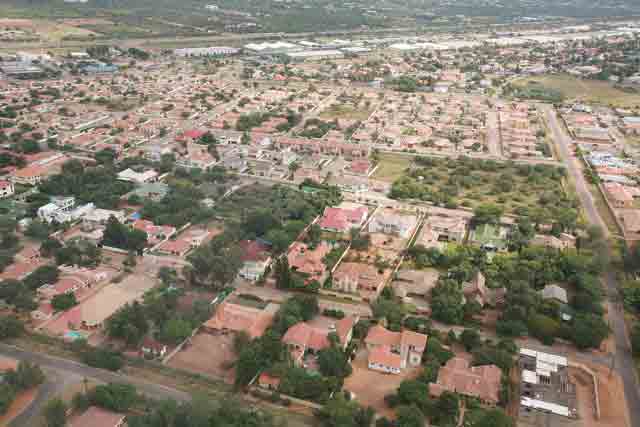If property prices are still unflatteringly high, then what explains the increase in mortgages? The Bank of Botswana BoB financial statistics (July 2014) reveal that mortgages went up by more than 50 percent in the past 12 months. BoB began its series of interest rate cuts in April 2013 to settle at the current rate of 7.5 percent. The cuts were meant to encourage business growth through lowering the cost of borrowing.
Maruping Real Estate Valuations Director Modiredi Maruping says the market has not yet experienced a downward trend in prices. Maruping said he suspected that the increase might have been due to the fact that people are now beginning to respond to the reduced cost of borrowing through re-financing. Re-financing is replacing a previously held loan with a new one that offers better terms. On describing the current state of the property market, he said that properties are staying longer in the market because of the exorbitant prices that sellers charge which fall outside of many people’s affordable range. He predicted that the prices will eventually come down. When answering a question on whether he thinks banks might have played a role in improving the availability of loans given the increased mortgages, he said banks have on the contrary tightened their borrowing because of people’s growing inability to pay back the loans obtained.
Maruping’s statement is supported by First National Bank Botswana (FNBB) statement in its audited financial results for the year ended 30 June 2014, which reads “a deterioration has also been noted on the commercial bank arrears, with total arrears as a proportion of outstanding bank credit growing from 4.5 percent as at the end of fourth quarter of 2013 to 5.2 percent at the end of March 2014.”
On predicting the future movement of interest rate, FNBB is of the view that BoB is nearing the end of the cycle in that it will not from now be able to reduce the rate any lower. FNBB’s outgoing Chief Executive Officer Lorato Boakgomo-Ntakhwana explained at FNBB’s financial results briefing last month that South Africa’s rates are rising and as such Botswana cannot run the risk of having its rates being much lower than that of South Africa especially that it does not restrict foreign or local currency that is allowed to be purchased, referred to as exchange controls.

